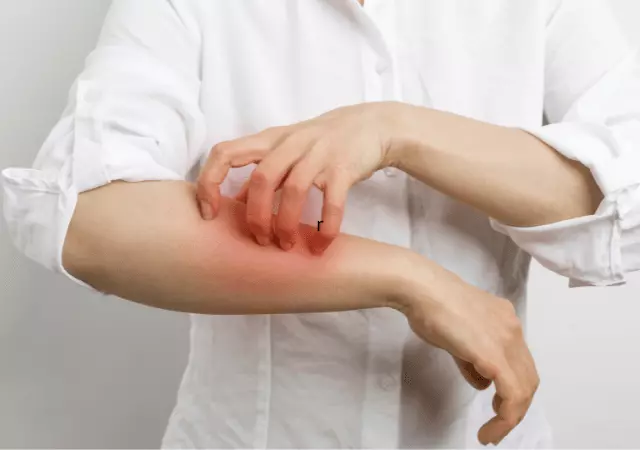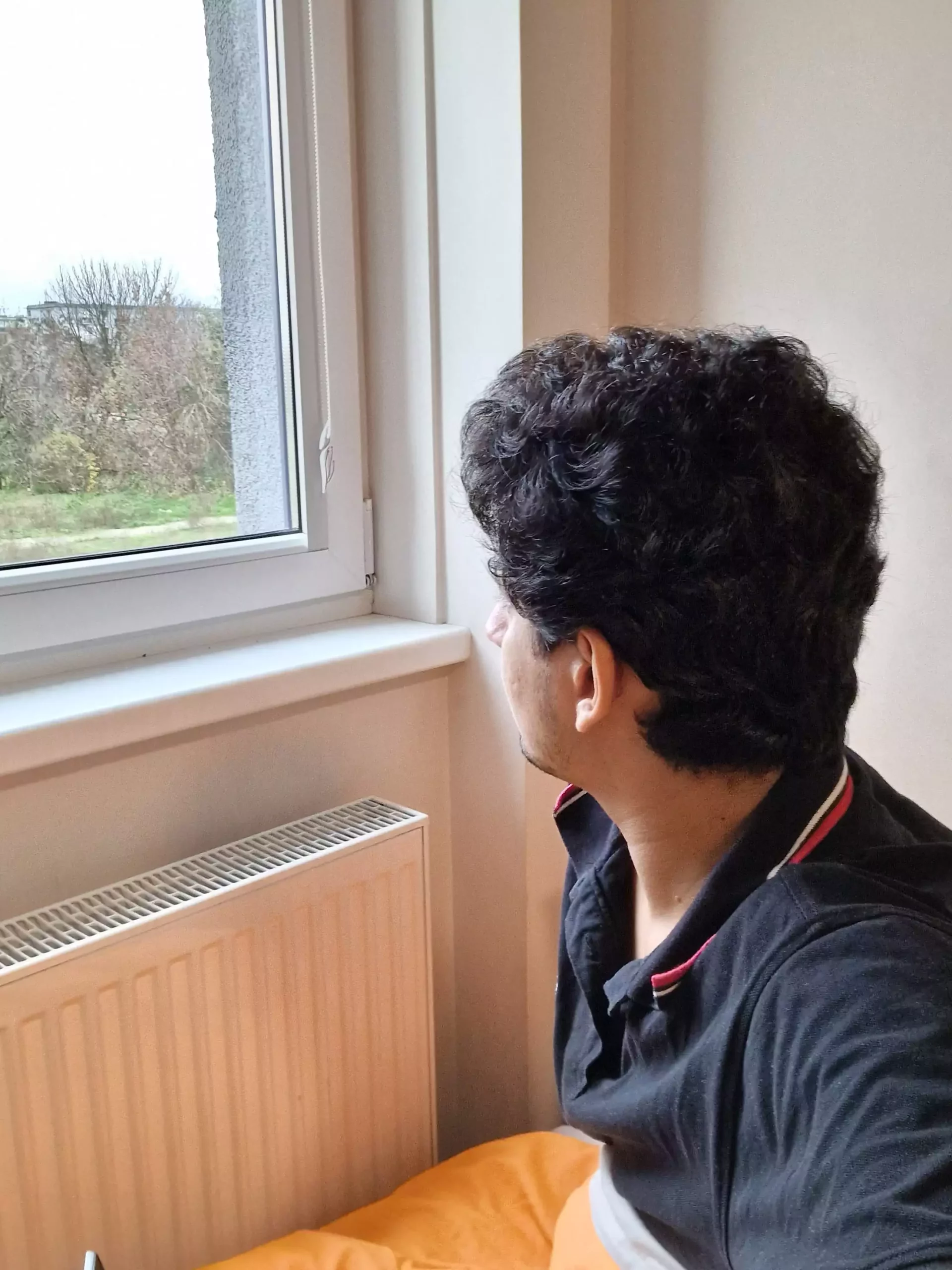Looking for essential oils for scabies? You have found the right page.
In this article, you’ll read about some of the best essential oils for scabies that are evidence-based and considered safe to use.
Read: Essential Oils for Itchy Feet
Contents
The Best Essential Oils for Scabies

Here are some of the best essential oils:
1. Tea Tree Essential Oil
It is extracted from the leaves of the tea tree and has been traditionally used for a variety of skin conditions, including scabies.
Tea tree essential oil is very effective in relieving itching and skin rashes which are the key features of scabies.
A study published in 2016 evaluated the effectiveness of tea tree oil for the treatment of scabies in a randomized, placebo-controlled trial. In this study, the tea tree oil-treated group showed a statistically significant improvement in symptoms compared to the placebo group, and no adverse effects were reported.
In a study published in 2022, tea tree oil was found to have a high mortality rate against scabies mites in vitro.
2. Neem Essential Oil
It is extracted from the seeds and leaves of the neem tree and is also very effective against scabies due to its amazing anti-itch properties.
A study published in January 2000 evaluated the effectiveness of neem oil for the treatment of scabies. According to the findings, neem oil showed a significant improvement in symptoms.
3. Lavender Essential Oil
The lavender essential oil has also been shown to be very effective in the treatment of scabies.
It has anti-inflammatory and analgesic effects, which can help to reduce the itching and discomfort associated with scabies.
In a study published in the Journal of Medical Entomology, lavender oil was found to be effective in killing scabies mites and their eggs.
4. Coconut Oil
Coconut essential oil is a popular choice for the treatment of scabies due to its anti-inflammatory and antimicrobial properties. It is thought to help reduce inflammation and kill the mites that cause scabies.
This study published in 2018 found that a 5% coconut essential oil cream was effective in treating a small group of patients with scabies. However, it should be noted that this study was small and more research is needed to confirm its effectiveness.
5. Thyme Essential Oil
Thyme oil is another essential oil that has been studied for its potential use in the treatment of scabies. It is thought to have antimicrobial properties and may be effective in killing the mites that cause scabies.
One study found that a combination of thyme oil and eucalyptus oil was effective in killing scabies mites in a laboratory setting. However, more research is needed to determine its effectiveness in humans.
Read: Essential Oils for Itchy Anus
Precautions!
- Perform a patch test before using it on a larger area of skin
- Dilute the essential oil before applying it to your skin
- Avoid using it on broken or damaged skin
- Keep them out of reach of children and pets
Side Effects
You may experience:
- Skin irritation
- Nausea
- Vomiting
How to Use Essential Oils for Scabies?
Following are a few ways you can use these essential oils:
1. In a Warm Bath
Add a few drops of essential oil to a warm bath and soak in it to help soothe the skin and promote healing.
2. Aromatherapy
Use a humidifier or vaporizer to disperse the essential oils into the air, which can be inhaled to help support respiratory health and promote overall healing.
3. Direct Application
Dilute the essential oil in a carrier oil, such as almond or coconut oil, and apply it to the affected area. This can help to support the healing process and reduce inflammation.
Read: Essential Oils for Sleep Apnea
The Bottom Line!
The above-mentioned essential oils for scabies are some of the best and safest essential oils available that you can use.
Although these essential oils are safe to use, you may notice some discomfort with their use. In such a case, stop the use and consult with your doctor.
The content present on this page has not been evaluated by any medical authorities e.g FDA. All the information present is solely for informational purposes and is not a substitute for the medical advice provided by your physician. We do not aim to diagnose, treat, or cure any disease or illness.

I am a medical student (MD) and a professional blogger. My aim is to help and educate people about essential oils and how they can be beneficial in improving overall health if used in a proper way.
